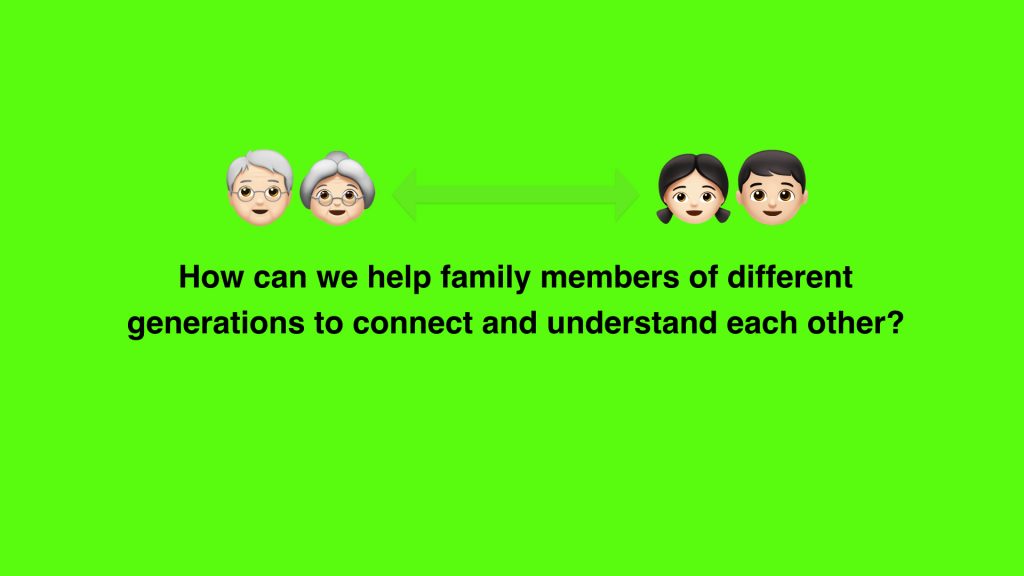engaged with Pan wang, the author of ” Love and Marriage in Globalising China.”
Over the past few weeks I have been actively trying to develop a network of professionals to engage in my project, and give me some suggestions on my project, luckily, I engaged with Pan Wang successfully, he is a senior lecturer in Chinese and Asian studies at the University of New South Wales and author of ” Love and Marriage in Globalising China.” he told me some phenomenon about love and marriage in China and some ideas.
The following content is what I think is helpful to me in my dialogue with him:
“As China’s society has become rapidly and intensely commercialised, romantic relationships too can be seen like a commodity, traded and exchange in the market,”
“In China, love has become increasingly complicated, intertwined with consumerism, and in this sense you can say love is tagged with a price like other products in the market. To some people, the value of love can be measured by the price of gift.”
“men and women are increasingly looking at expensive gifts as a way of signifying the seriousness of a relationship. While people tend to get married later, they exchange gifts of love more often and longer.”
“men in China and their parents are under pressure to own both a home and car before a women’s family will accept any potential marriage. But according to Pablo Mauron, partner and managing director China at Digital Luxury Group, even in cases where marriage is not immediately on the table, these signifiers of economic dependability and desirability are just as important. It is important to show of financial commitment to legitimise a relationship and show that you are serious about it.”
“The romantic gifting culture, no matter whether it’s Valentine’s Day, Qixi or 520 is directly on that trend,’ You’re going to have to show that you’re not afraid of spending money on me to show that you value and take our relationship seriously.”
“It seems in an age in which traditional markers of love and commitment are on the way out, there is still a great appetite for romance — a pragmatic and consumerist appetite, certainly – but a love for love nonetheless.”
